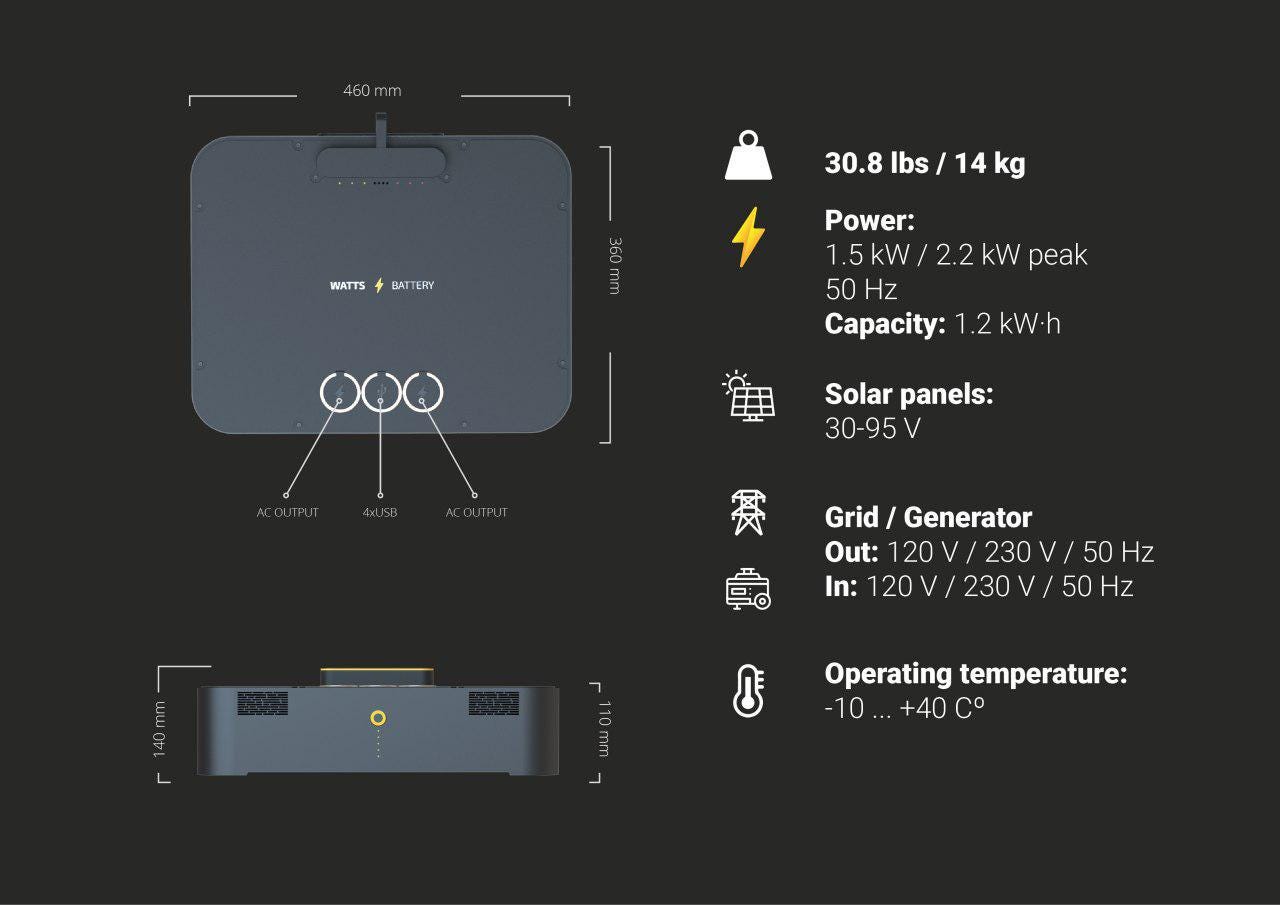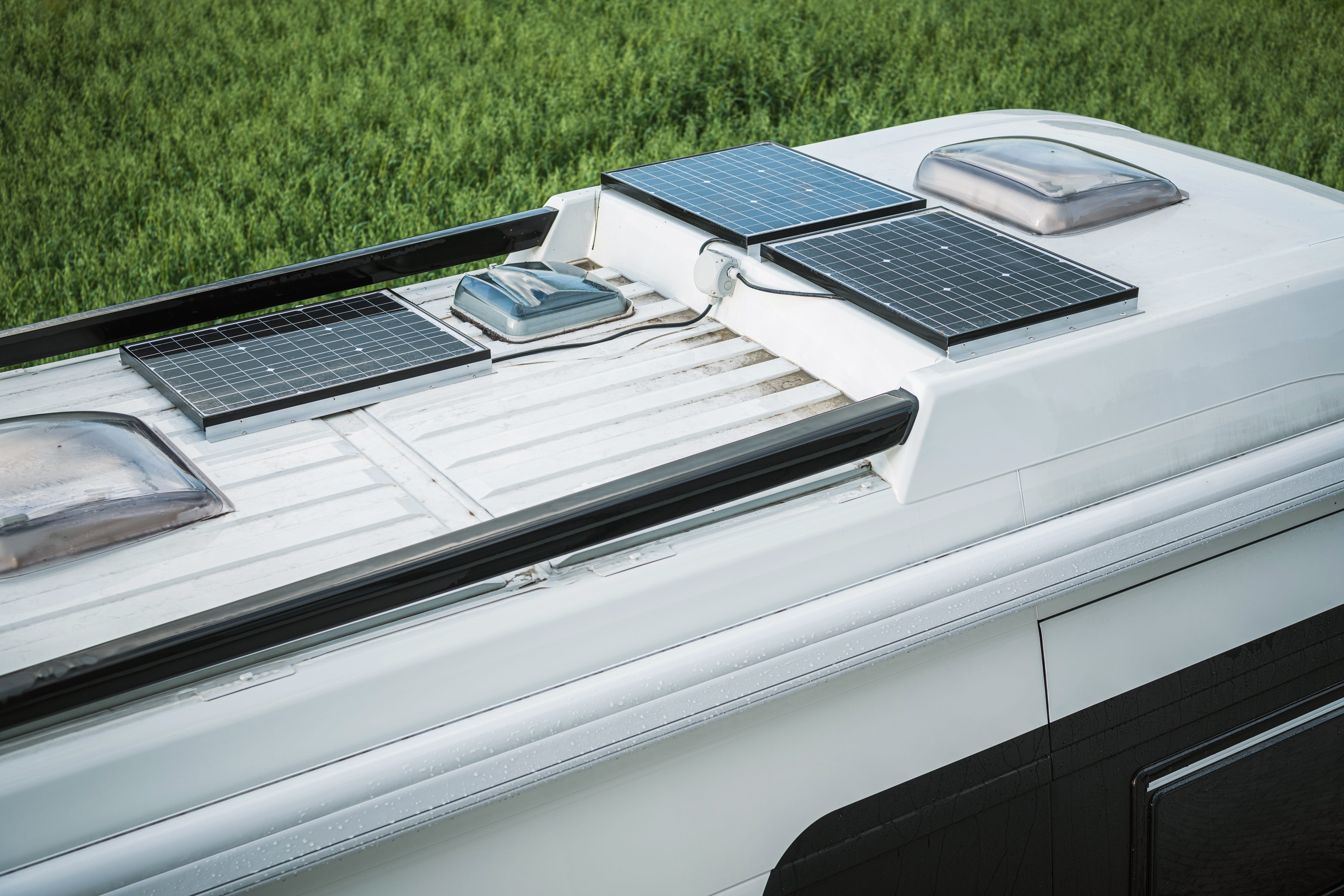Did you know that *Recreational Vehicles (RVs) and Motorhomes are the most commonly used for living quarters while traveling? It’s becoming a common trend to travel in an RV/Motorhome throughout the world.
More and more people today choose to go on holiday in their RV/Motorhome and use them as a home from home, rather than a book into a hotel room. They may even decide to tow their car from the back of the RV/Motorhome so they can use it to get around when they reach their destination. Some have large internal garage space where they can store small motorbikes and bicycles.
This is now becoming even more popular with the emphasis on a clean environment.
What is an RV or Motorhome?
An RV that is short for a recreational vehicle is a motor vehicle or trailer that includes living quarters designed for accommodation. Types of RVs include motorhomes, campervans, caravans (also known as travel trailers and camper trailers), fifth-wheel trailers, popup campers, and truck campers.
So traveling and living in an RV means that you need electricity, right? How do you power your basic needs? How will you get electricity for your cooker, refrigerator, water heater, laptop charger, cell phone charger, TV, internet devices?
How to obtain power for your RV?
The easiest way to obtain energy is to get it from the sun. So, your first course of action would be by installing solar panels on the roof of the RV/Motorhome.
As a general rule, if you have a caravan, you’ll need a panel between 20–60W, whereas most motorhomes are fitted with panels of 80W and above. For laptop charging, you need at least 25W to provide a useful trickle charge.
So, what would be your second decision to become energy self-sufficient in your RV/Motorhome? And this is where we would like to talk about energy storage systems and in particular, the Watts Battery Energy Storage Management System.
Some systems need additional equipment, some — special installation, some of them don’t even last long. But there is a system that combines this all-in-one unit, that can easily be connected to more or less to all solar panels, has 1.5kW of power, and can work for more than 24 hours. It is ideal for RV/Motorhome because of its compact size (14cm x 36cm x 46cm) and low weight (14kg).

Watts Battery System is an innovation for backup storage and energy management systems. It is an international start-up, based in US with subsidiaries in Europe, which distributes on a global scale. In most cases, this system is used for homes (as a backup storage for home) and for travel (as an additional source of power for laptops, light and smartphones).

More details about the system
Firstly, let’s make a count as to what we need to power up your electrical appliances?
In a standard RV/Motorhome you have lighting (LED), 1 or 2 TV’s, Wi-Fi router, water heater, refrigerator, microwave, electric kettle, air-conditioner as well as heaters for the winter, and basically charging phones and laptops, most kitchen stoves run on LPG but then you have to either carry bottles or find a pump to fill up.

For obtaining stable power flow, you need to install solar panels on the roof of the RV/Motorhome and connect them to the Watts Battery System unit (one or more, depending on how much kW you require to run your electrical appliances).
Each Watts Battery System can support 1kW of solar panels. On average for one unit you will need 4 x 250W panels which depend on the roof space. For example, in one of our recent installations in Cyprus, we installed solar panels on the roof of a medium-sized utility van with dimensions of 3m x 1.5m. In this case, we could only install 2 panels so we went for 2 x 350W to achieve a 700W solar capacity.

RVs and Motorhomes which have bigger and flat roofs can easily accommodate 4 solar panels.
Using the Watts Battery System with solar panels is already becoming part of the future. This combination will allow you to obtain stable power for fully functional household appliances within the RV/Motorhome.
Why Watts Battery Energy Storage System?
Before we highlight the unique features of the Watts Battery Energy storage and management system we first need to see what technologies are commonly used today in RVs. Lead-acid batteries are the common option today for RVs however they have a usable storage capacity at the best case of 50%, they have a low life expectancy (up to 3 years), and are very bulky and heavy.

Needless to say, they need frequent maintenance which can drive long-term costs.
Watts Battery Energy storage and management system will provide you an all-in-one system with the following key advantages:

- it can significantly reduce installation complexity, hence installation costs;
- no wiring of batteries or any other components is required;
- the complete system takes at least 4x less space than the equivalent space required for lead-acid batteries alone;
- it will weigh 10x less than the equivalent energy capacity required for lead-acid batteries alone;
- it has a superior battery technology (Lithium NMC) with 4000+ cycles;
- it provides 100% depth of discharge (max of 50% in other solutions);
- 7 years warranty with an estimated life-cycle of approximately 12–15 years;
- it is maintenance-free;

So compared to any common lead-acid battery that will last at a maximum of 2–3 years the most, the Watts Battery System will also give you the opportunity to eliminate the generator as well as the use of LPG for cooking and refrigeration purposes.
*RV, short for Recreational Vehicle, and Motorhome are often used interchangeably. However, RV is an umbrella term for several different types of vehicles, including motorhomes. Types of RVs are broken down into four classes: Class A, Class B, Class C, and towable RVs. RV is an umbrella term popular in North America used to describe motorized vehicles used for camping. RV can be used to refer to both motorhomes and campervans.
For more information please see our web-site wattsbattery.com
or contact us hello@wattsbattery.com

